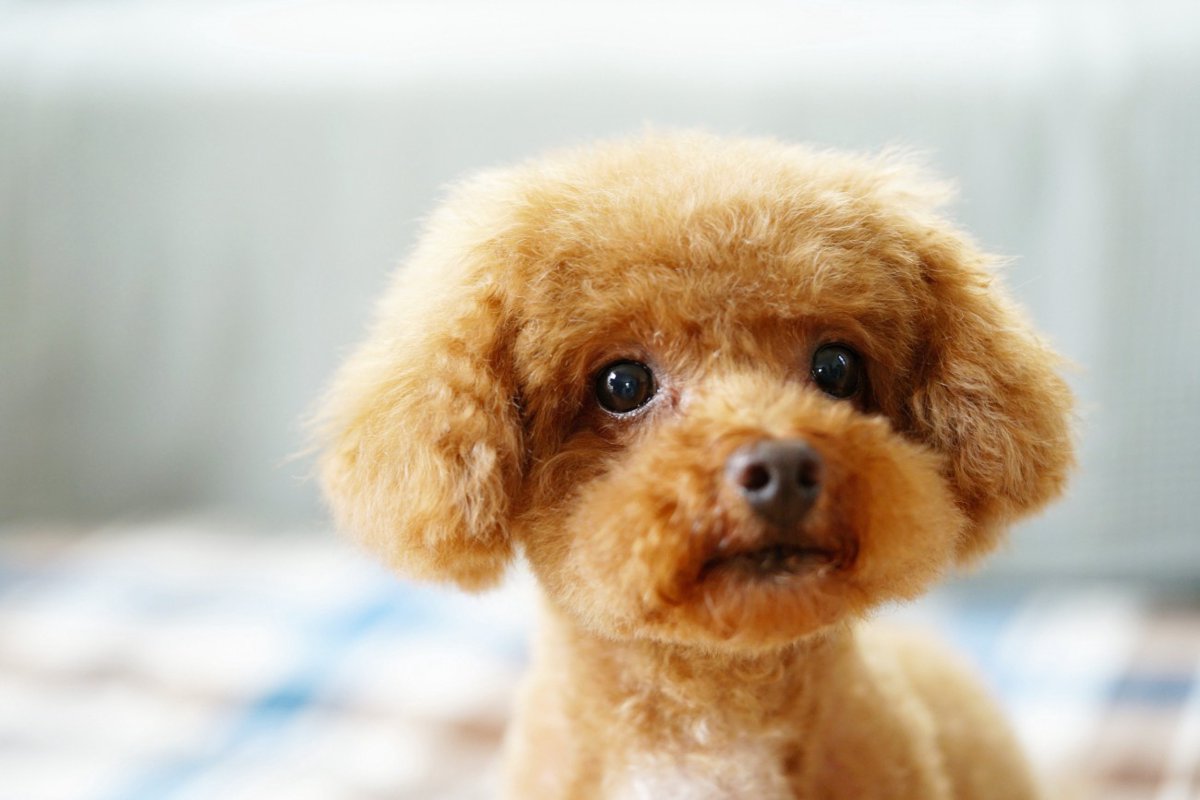Toy Poodle Dog Breed
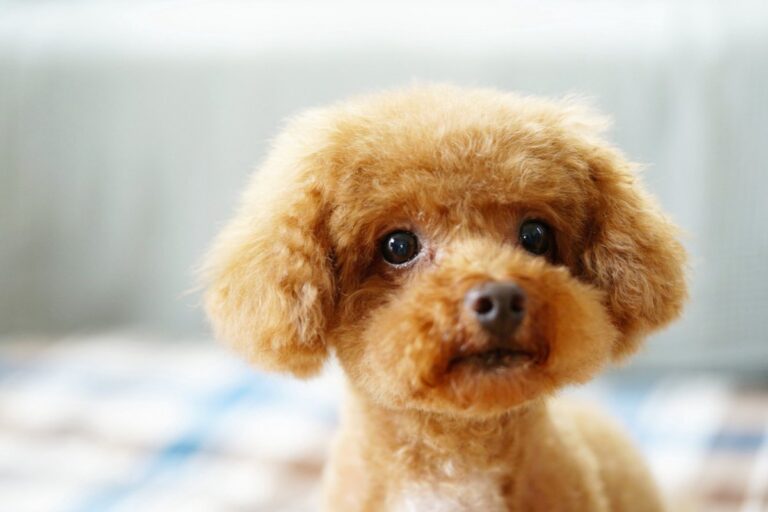
| Aspect | Details |
|---|---|
| Origin | France/Germany |
| Birth Era | 16th century |
| Crossbreed | No, purebred |
| Temperament | Intelligent, alert, active, faithful, trainable |
| Physique | Small, 4-6 pounds, elegant |
| Coat | Curly, dense, hypoallergenic coat |
| Lifespan | 12-15 years |
In Japan, Toy Poodles are particularly cherished for their small size within the Poodle breed, winning the hearts of many dog lovers with their cuteness and popularity. Originally developed as hunting dogs, excelling in retrieving game near water bodies, they have now predominantly become household pets and companion dogs.

In Japan, their intelligence and high learning ability are especially appreciated, allowing them to enjoy various types of training and activities. With their small stature and big personality, Toy Poodles continue to be loved in Japanese households and around the world.
Coat Color
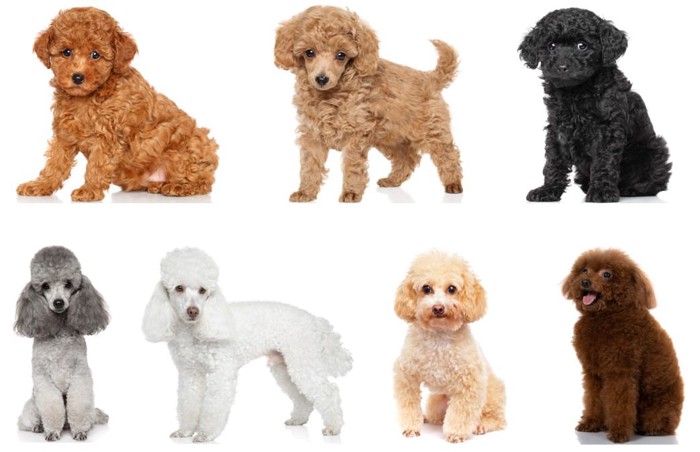
In Japan, the coat colors of Toy Poodles are known for their diversity and appeal. Common colors include black, white, brown, silver, apricot, and red, with the deep and rich red and classic, elegant black being particularly popular in Japan.
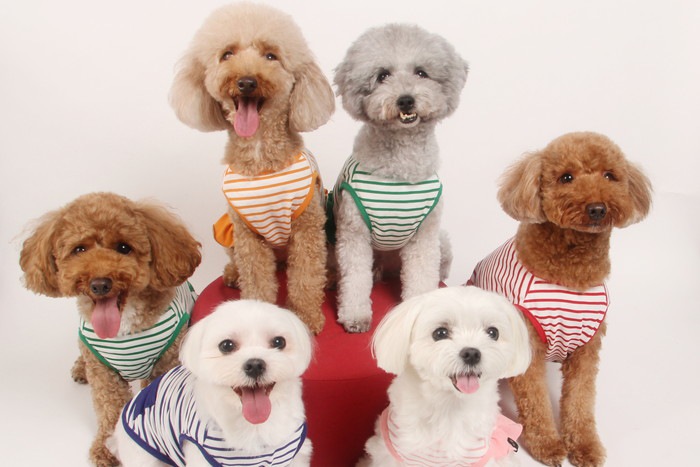
The coat color can change with age, especially in lighter-colored Toy Poodles, which may deepen in hue as they grow. The genetic determination of these colors and adherence to breed standards are aspects particularly valued by Japanese dog lovers, serving to enhance the individuality and charm of each Toy Poodle.
Coat Type
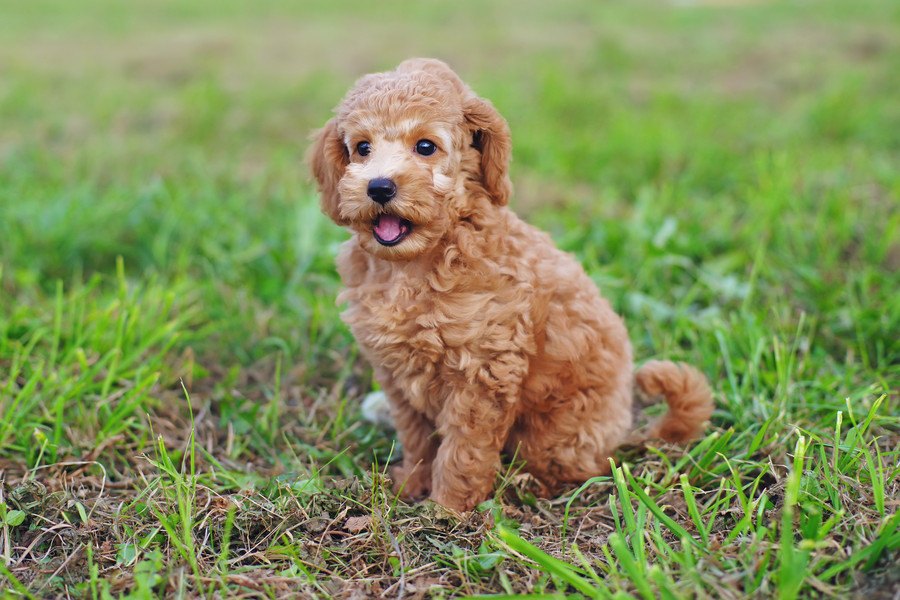
In Japan, the coat of the Toy Poodle is highly valued for its beauty and uniqueness. The breed’s coat is characterized by its fine, soft texture, and distinctive curly or wavy appearance.
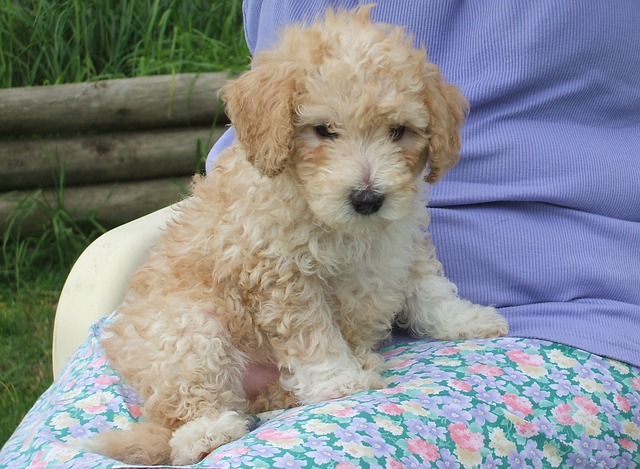
Maintaining the beauty of a pet’s coat is an important aspect of pet care in Japan, and the attractive coat of the Toy Poodle holds significant appeal to dog lovers. Special attention and care are required for grooming this unique coat, and Japanese owners are meticulous in their maintenance.
Size
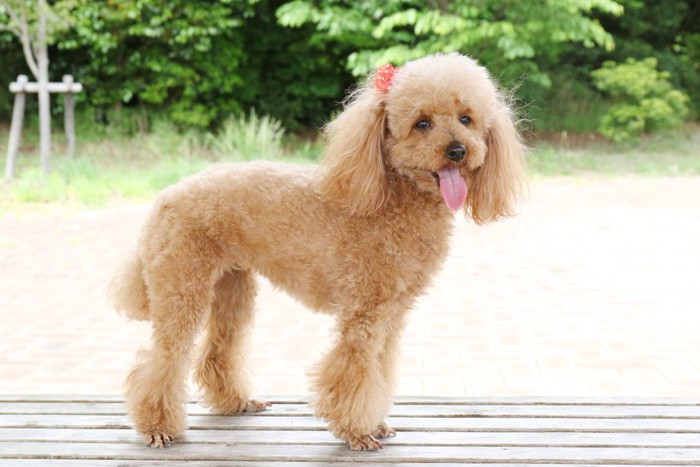
Toy Poodles are categorized as a small dog breed, well-suited for apartment living in urban areas of Japan. Their compact size, typically standing at about 9.4 to 11 inches in shoulder height as adults, is particularly appealing for the limited living spaces common in Japan. This small stature offers ease of transport and manageability during outings, making it a significant advantage for Japanese pet owners.
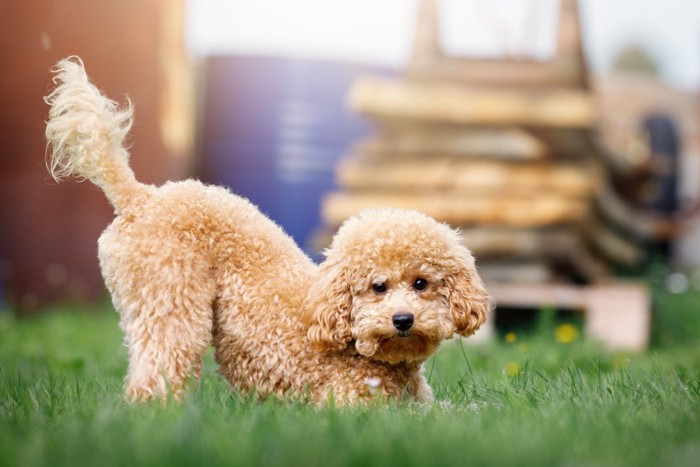
However, even with their small size, Toy Poodles in Japan still require appropriate exercise and space for activities, which is deemed important for maintaining their health.
Weight
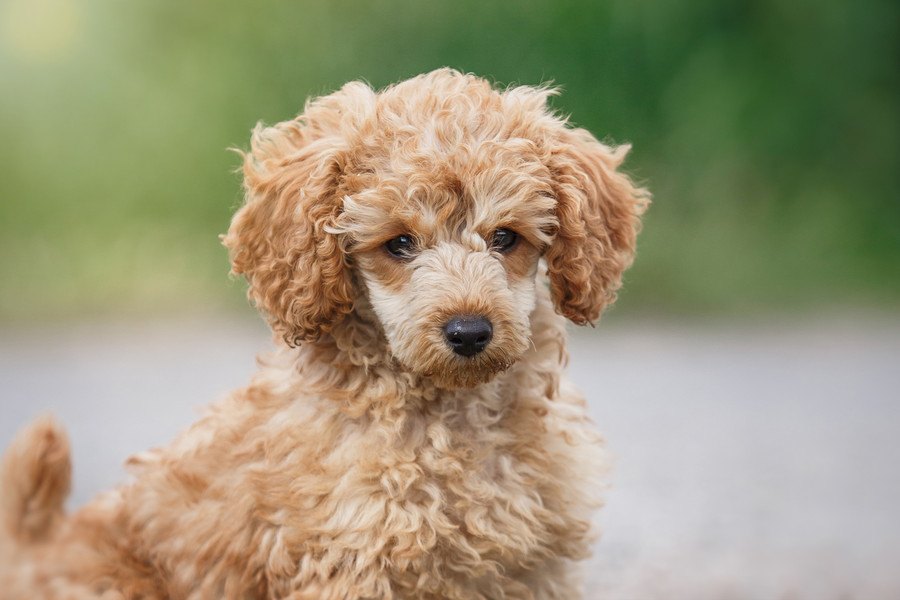
In Japan, Toy Poodles typically weigh between 4kg to 7kg due to their small size, making weight management crucial for their health. Japanese pet owners are highly conscious about health management, emphasizing the need to consult with veterinarians to determine the optimal amount of food and exercise for each dog, considering age, gender, activity level, and individual differences.
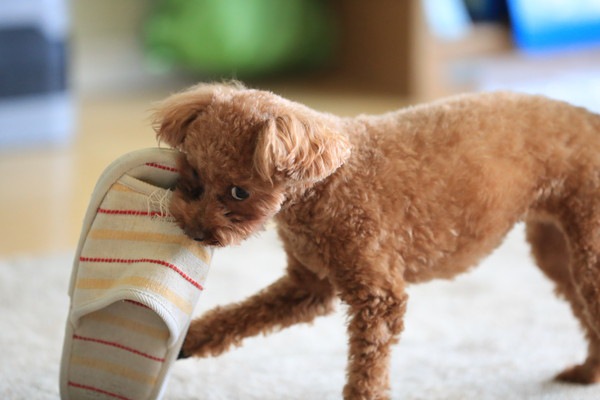
It is common for Japanese pet owners to take responsibility for their pet’s health and work closely with veterinarians to ensure it.
Lifespan
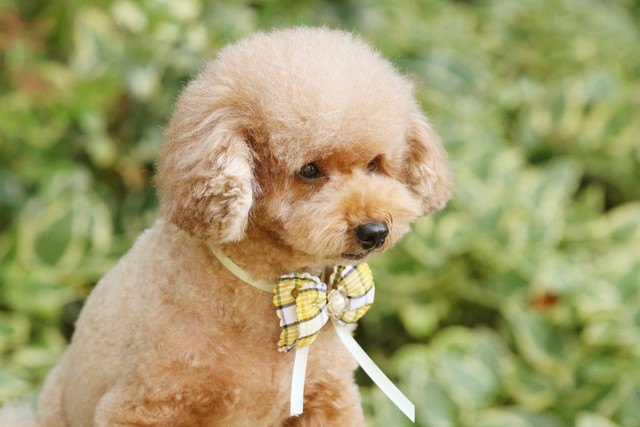
In Japan, Toy Poodles are known for their longevity, often exceeding their average lifespan of 12 to 15 years. To support their longevity in Japan, a balanced diet, regular exercise, and periodic health checks by veterinarians are essential.
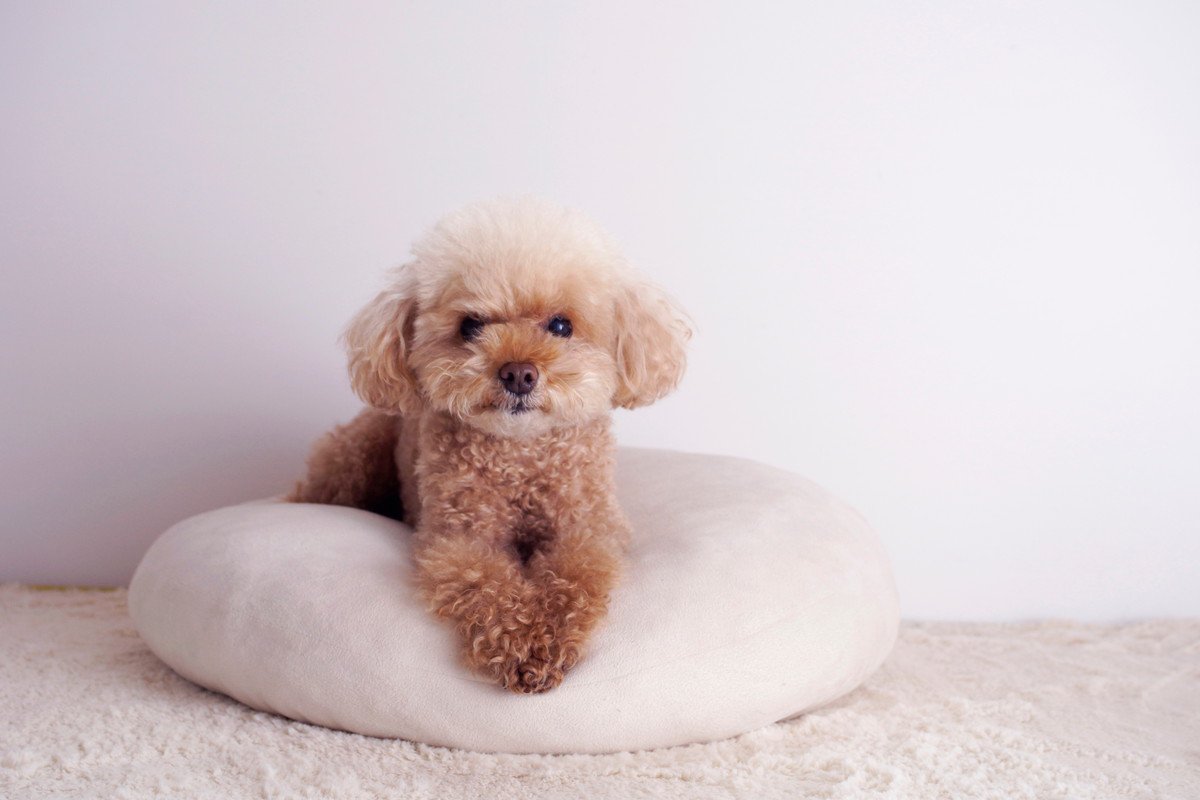
Early detection and treatment of genetic health issues are widely regarded in Japan as significant contributors to a dog’s long life. Additionally, the active and sociable nature of Toy Poodles, combined with the affectionate family environment in Japan, positively impacts their mental health.
Regular social interactions are a crucial element in enhancing the well-being of Toy Poodles in Japan, promoting a healthy and prolonged life.
Trainavility
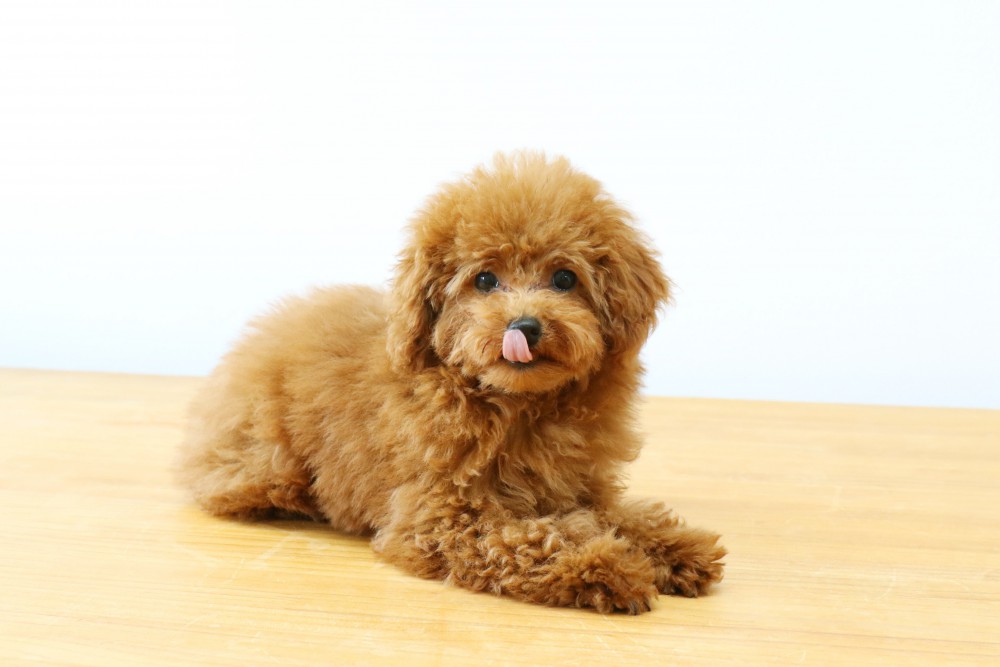
In Japan, training Toy Poodles reflects their high intelligence and eagerness to learn. This breed quickly grasps new commands and tends to focus on close communication with their Japanese owners. Consistent and patient positive training methods, using rewards, are preferred in Japan, facilitating rapid learning in Toy Poodles.
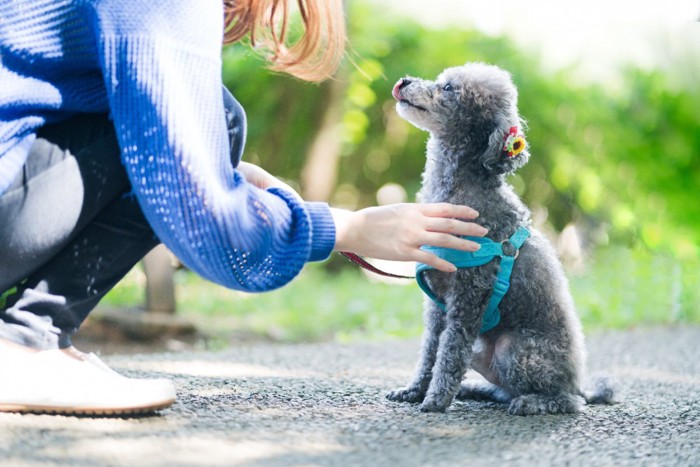
From basic obedience to advanced tricks and agility training, a wide range of training is possible for Toy Poodles in Japan. Their curious nature encourages Japanese owners to explore new training methods. However, due to their occasional stubbornness, consistency and a gentle approach are especially emphasized in Japan.
Proper training strengthens the bond between Toy Poodles and their owners in Japanese households and makes them more adaptable to social situations.
Exercise
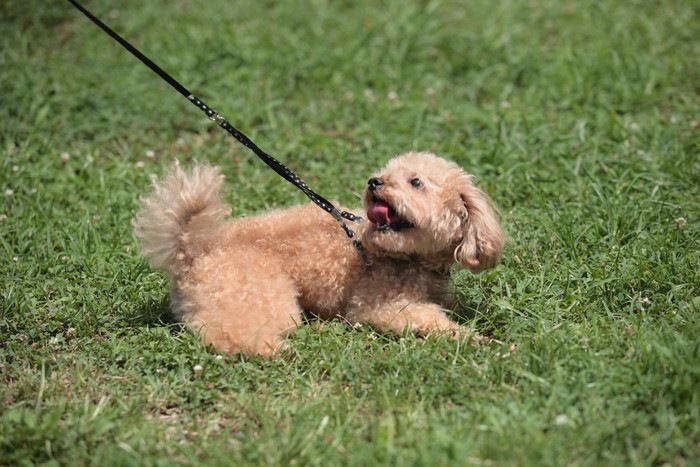
In Japan, exercise for Toy Poodles is considered vital for maintaining their health. This active small breed is well-suited for urban living, with daily walks and play-based exercises forming the core of their routine. Japanese dog owners are encouraged to engage in even short walks, prioritizing the health of their pets.
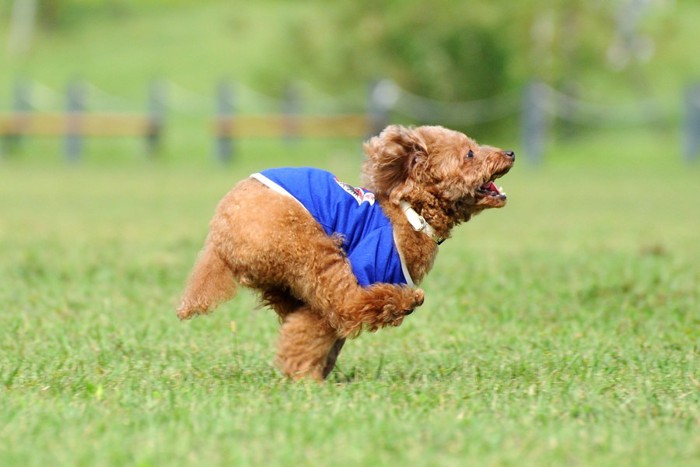
Mental stimulation through play, such as puzzles and intellectual toys, is favored to enhance the Toy Poodle’s mental well-being. However, Japanese owners are cautious not to over-exercise these small dogs, emphasizing the importance of adjusting exercise levels according to the dog’s age and health.
With appropriate exercise, Toy Poodles in Japan can easily maintain both physical and mental health in their home environments.
Feeding
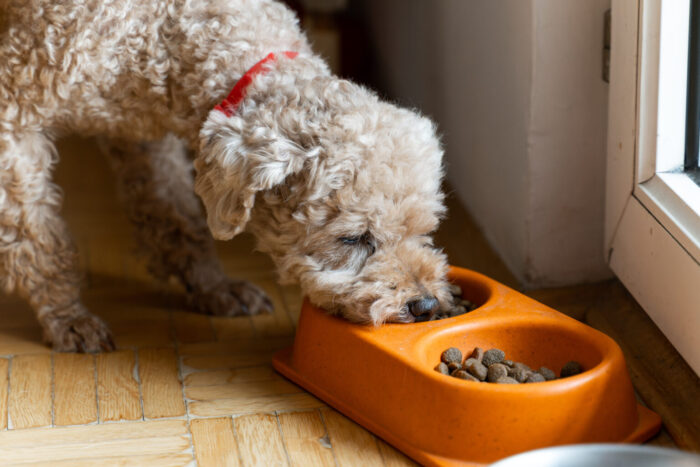
In Japan, feeding a Toy Poodle involves a delicate balance that considers their small size and health. Being a small breed, they require less in terms of calories and nutrients, making meal portion control critical in Japan to prevent obesity.
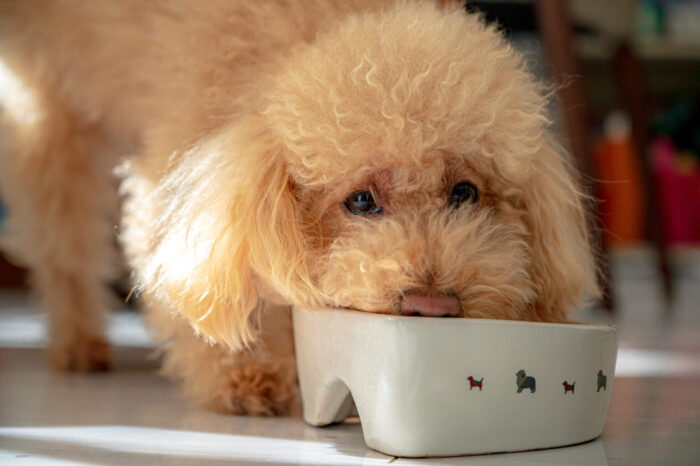
Choosing high-quality dog food is an important aspect of pet care in Japan, with adjustments made according to the dog’s age, activity level, and health status, a common understanding among Japanese owners. Particularly, supporting skin and coat health with foods rich in omega fatty acids and vitamins is preferred in Japan.
Setting regular meal times to aid digestion is an essential practice for maintaining canine health in Japan. Adequate hydration is also crucial, and in Japan, there is caution against overfeeding treats or human food. A balanced diet is key to sustaining the health of Toy Poodles in Japan for the long term.
Temperament
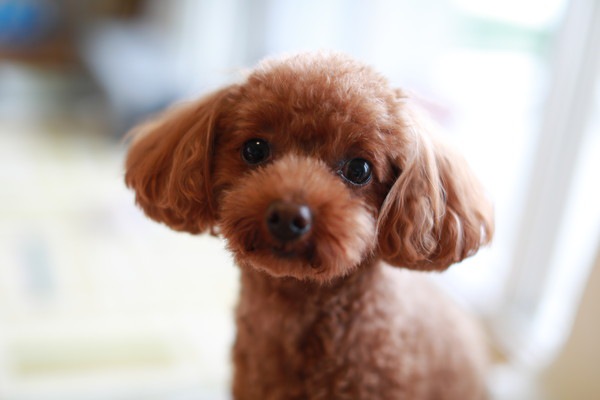
In Japan, the Toy Poodle is widely cherished for its affectionate and friendly nature. They form deep bonds as family members, showing rich affection towards their owners. Japanese households emphasize the education of pets, thus the Toy Poodle’s high intelligence and trainability are highly valued.
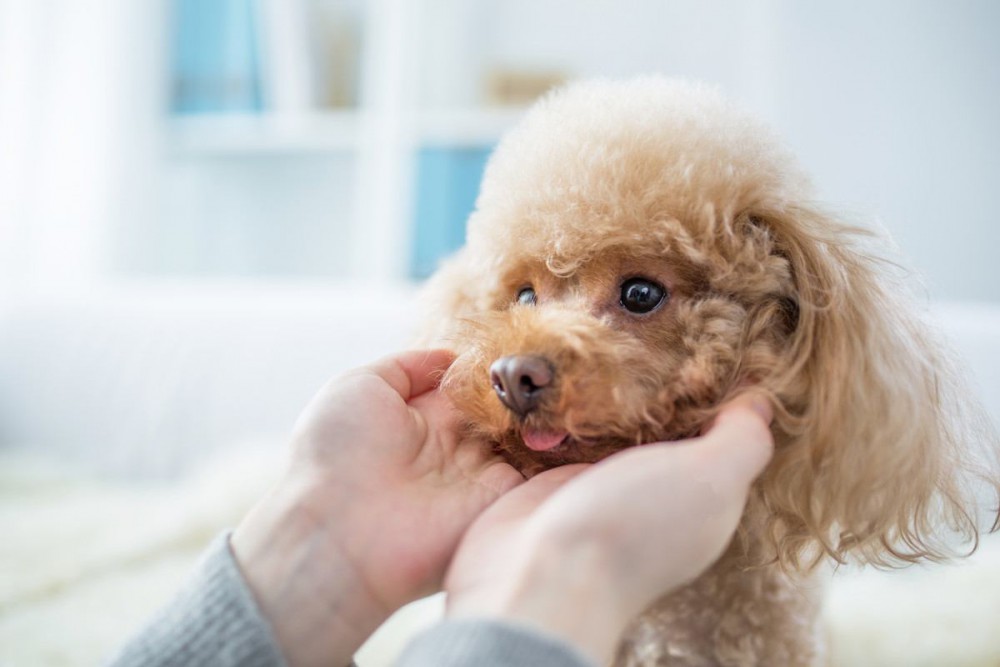
Their sociable nature fits well with Japan’s community-oriented living environments, allowing them to form good relationships with children and other pets. However, excessive barking is not suitable for Japan’s quiet residential areas, making early training crucial. The Toy Poodle’s gentle demeanor is well-suited for life in Japanese homes, a key reason for their widespread popularity in many households.
History
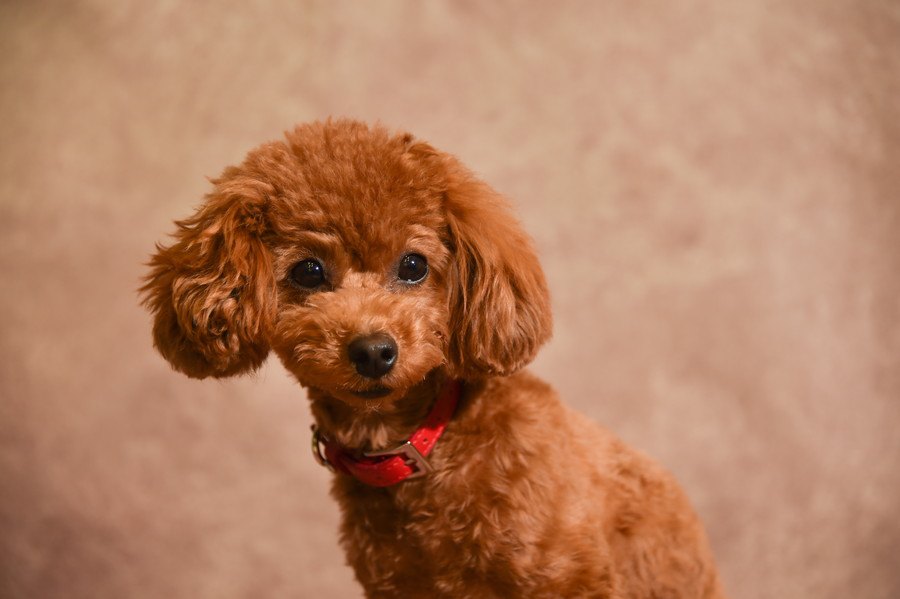
The Toy Poodle is one of the most beloved dog breeds in Japan. Originating from larger Poodles, these small dogs were bred for companionship. In Japan, their diminutive size and charming appearance are particularly appreciated, fitting well into the compact living spaces common in the country.
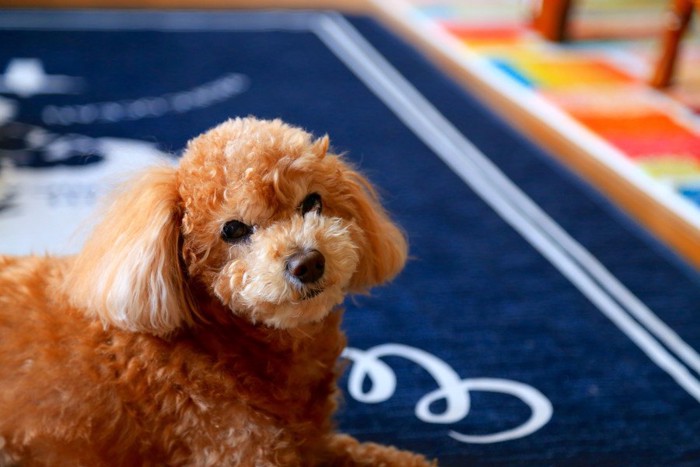
In Japanese households, dogs are often treated as family members, and the Toy Poodle’s affability and intelligence contribute to the deep, affectionate interactions within the home. Beyond their cute looks, Toy Poodles are also valued in Japan for their smarts and ability to form strong bonds with humans, making them ideal as both show dogs and therapy dogs.
Grooming
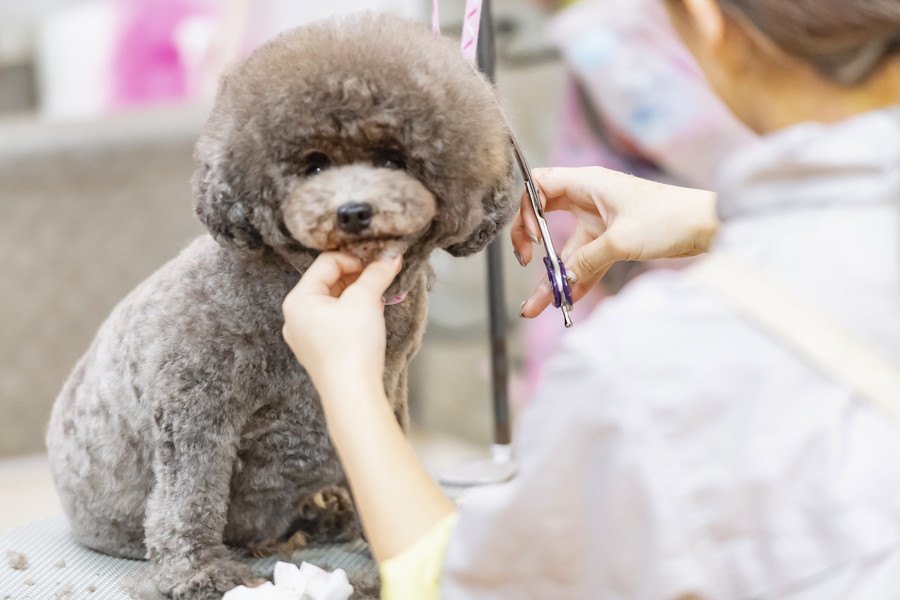
In Japan, grooming a Toy Poodle holds a significance beyond mere aesthetics. The dense, curly coat requires regular brushing to prevent tangles and promote skin health, reflecting the responsibility of pet owners in Japan who prioritize the health of their dogs.
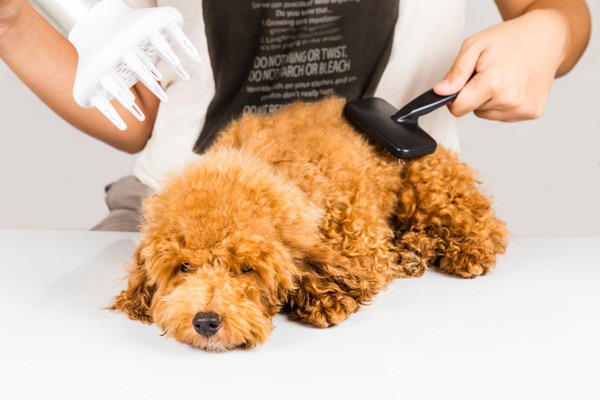
Professional grooming, encompassing coat care, nail clipping, and ear cleaning, is valued highly in Japan, emphasizing the importance of expert skills in overall health management. For Toy Poodles with sensitive skin, the use of gentle shampoos during regular baths is a critical aspect of pet care culture in Japan.
Proper grooming not only maintains the beauty of the dog’s appearance but also represents the vital role of Japanese pet owners in ensuring their beloved canine’s happiness and health.
Health
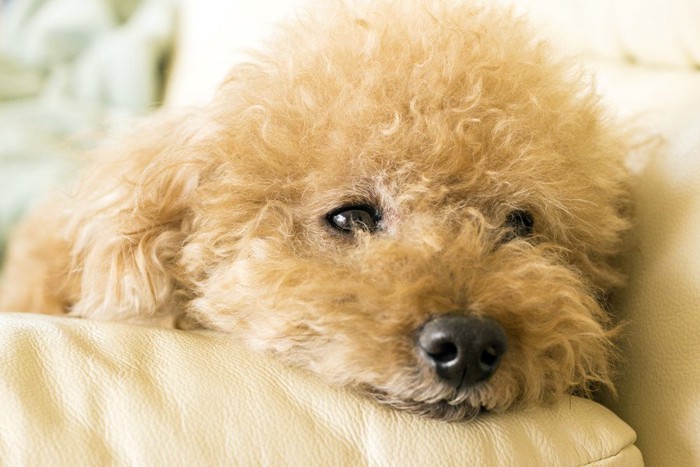
The Toy Poodle is known to be a relatively healthy breed, but in Japan, there is a growing awareness of their specific health issues. The risks of genetic conditions like patellar luxation and hip dysplasia are significant concerns for Japanese owners. These issues, which can affect the dog’s movement and comfort, underscore the importance of proper nutrition and exercise management in Japan.
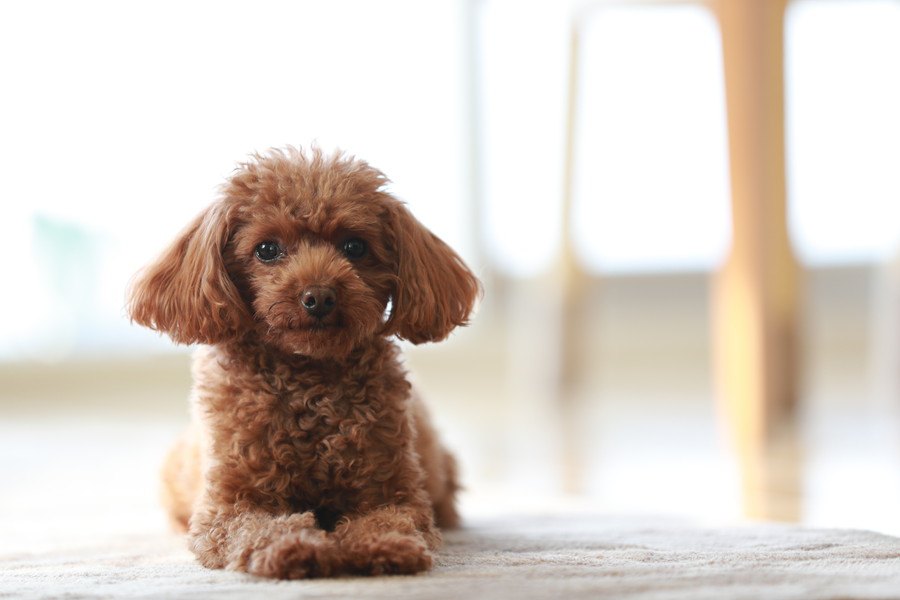
Eye problems, especially cataracts and progressive retinal atrophy, are areas where early detection is crucial, with regular veterinary check-ups being recommended. The sensitivity and allergy-proneness of Toy Poodle skin necessitate careful attention to diet and living environment, a particular focus in Japanese pet care.
By paying attention to these health management aspects, Toy Poodles can enjoy a happy and healthy life in Japanese households.

